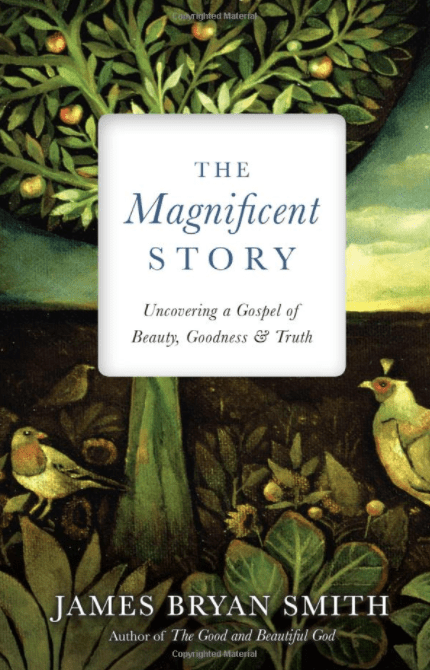 From James Fallows, on the impact of the BCP on our consciousness — where we hear the claim that the BCP has influenced us more than any book written in English, including the Bible. Go to the link to see some examples and see the complete essay. I have provided an example at the bottom of this post:
From James Fallows, on the impact of the BCP on our consciousness — where we hear the claim that the BCP has influenced us more than any book written in English, including the Bible. Go to the link to see some examples and see the complete essay. I have provided an example at the bottom of this post:
The Atlantic’s literary editor Benjamin Schwarz, who has read as much on as broad a range of topics as anyone I’ve known, provides the latest reminder for me in this month’s “Editor’s Choice” column in the magazine*. That’s not Ben at the right; it’s Thomas Cranmer, Archbishop of Canterbury through the mid-1500s, whose lasting effect on the world was to compose the Anglican Book of Common Prayer of 1549. My wife and sons learned to dread the mention of Thomas Cranmer’s name in our household, because I had so often made the point that hearing his works, read aloud, for thousands of hours in my childhood permanently shaped my idea of how an English sentence should sound.
I am not a believing, spiritual person, but from first consciousness until age 17 I spent so much time at Episcopal church services with the “old style” Cranmer liturgy that even now I can recite very long passages by rote. The same is of course true for people exposed to the standard holy texts in most religions: prayers in Hebrew, the old Latin mass, Sutras and Vedas, the Islamic call to prayer, and so on. The distinctive aspect of the Cranmer liturgy is that it is in English — and a particular form of stately English whose wording may seem antique but whose rhythms retain a classic beauty. I wouldn’t, and can’t, write the same way. Yet passages like those after the jump have stuck in my mind as the pure idea of how sentences should be paced, should repeat for emphasis yet also vary, should end.
A prayer:
Almighty and everlasting God, who hatest nothing that thou
hast made and dost forgive the sins of all those who are
penitent: Create and make in us new and contrite hearts, that
we, worthily lamenting our sins and acknowledging our
wretchedness, may obtain of thee, the God of all mercy,
perfect remission and forgiveness; through Jesus Christ our
Lord, who liveth and reigneth with thee and the Holy Spirit,
one God, for ever and ever. Amen.
O God, who for our redemption didst give thine
only-begotten Son to the death of the cross, and by his
glorious resurrection hast delivered us from the power of
our enemy: Grant us so to die daily to sin, that we may
evermore live with him in the joy of his resurrection; through
Jesus Christ thy Son our Lord, who liveth and reigneth
with thee and the Holy Spirit, one God, now and for ever.
Amen.










